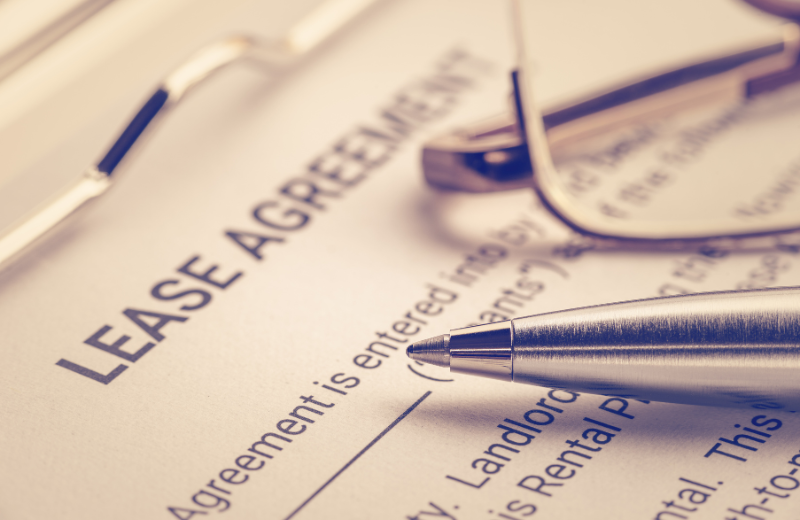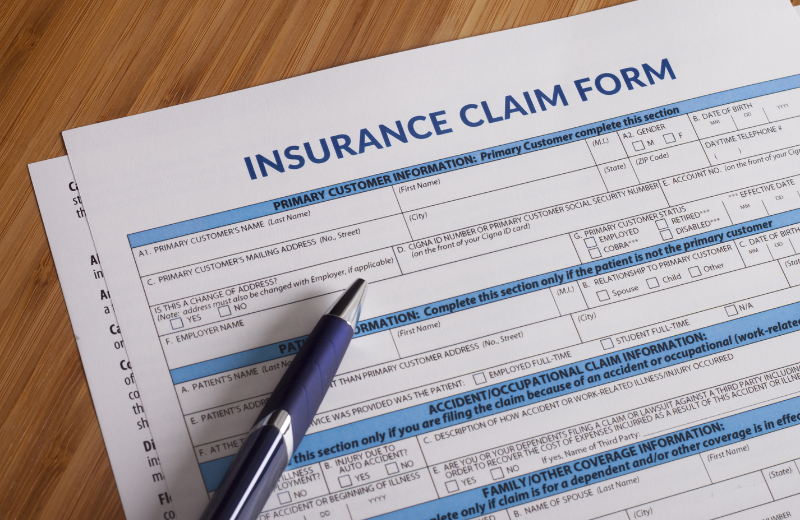Excessive rentals in a small condominium can create a lot of problems for owner occupants and the board. Absentee owners may not participate or be engaged in the operation and maintenance of the property. Renters may contact the board inappropriately for issues that should be handled by the owner. And when it comes to reselling your unit, a high proportion of rentals could restrict a buyer’s mortgage options.
Restricting the number of rentals in your association, which must be done by adopting an Amendment, is a good move. However, the board needs to think beyond the Amendment to navigate a restriction effectively. This is where Rules & Regulations can help.
Assume you’ve capped rentals at 3. How do you determine who gets those slots? Is there a limit on how long a unit can be rented? What happens when that limit expires? Who has the right to rent when a spot opens? What are the expectations for owners and tenants in rented units?
These are all questions that can be addressed via Rules & Regulations. Join Condoly for a free webinar on Thursday, April 11th to learn more.






